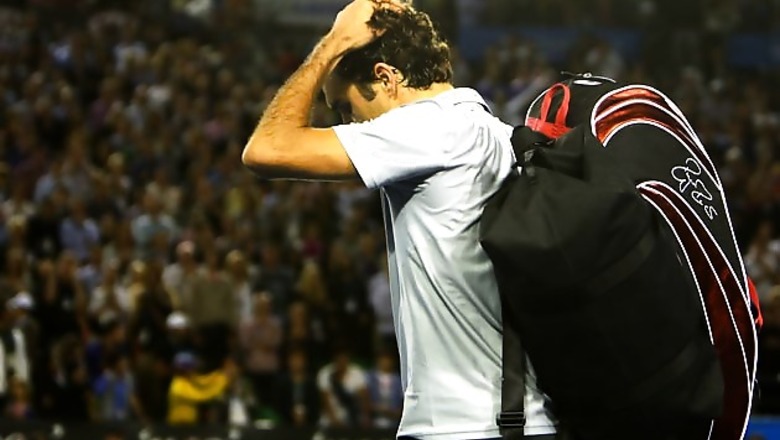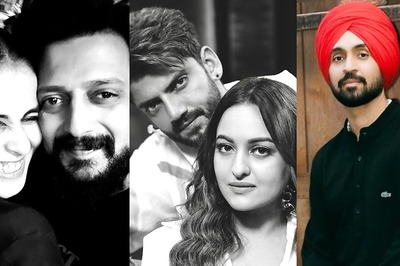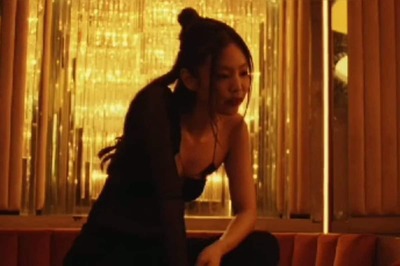
views
There is no doubt that he is one of the all-time tennis greats, but after his defeat to Andy Murray in the Australian Open men's singles semi-final on Sunday, the question has again come up - what is Roger Federer's future?
The man himself was quick to address the question after his dramatic four-hour loss to Murray at Melbourne Park. "Nothing has changed," said the world No.2. "I've played these guys, what, 60 times? The three guys around me in the rankings. So we know each other really well. We play each other very close very often. Keep on trading wins and losses.
"I go from here with a good feeling for the year. I didn't play a tournament leading in, so now obviously I know where my level is at. Also knowing I have even more time to work on my game, work on my fitness this year, it's something I'm excited about."
Strong words indeed, but does Fedex have enough gas in the tank? It's not the first time the durability and longevity of the 17-time Grand Slam winner has been speculated upon. During a lean 2010, during which Federer failed to reach a Grand Slam semi-final for the first time since 2004 and relinquished his No. 1 ranking, the issue of an aging champion cropped up. When he lost to Tomas Berdych in the Wimbledon quarter-finals, there was talk of the end of the road. Federer fought it off, hiring Pete Sampras' former coach Paul Annacone to help him sort out his game. The form returned, though the titles didn't. But Federer was ticking.
It happened again in 2011, starting with the Australian Open semi-final where Novak Djokovic beat him in straight sets. Then came defeat to Rafael Nadal in the French Open final, despite him dumping Djokovic out of the tournament a match before in a thrilling four-set victory. A quarter-final exit at Wimbledon was followed by a semi-final defeat at the US Open. It meant Federer failed to win a Major for the first time since 2002. He was over, wrote the critics.
Then came 2012, a memorable season for the Swiss player, and one in which he reminded the tennis world what he was capable of. As Nadal and Djokovic made headlines, Federer refused to succumb. He won trophies in Rotterdam, Dubai and Indian Wells; he won Wimbledon and regained the World No. 1 ranking. Though he did not achieve his third goal of winning an Olympic gold, he did take home silver.
Now the defeat to Murray in Melbourne, and the matter of whether Federer has the hunger to return to dominance. He is 31, an age where he is easily likely to have more lows than highs. Despite his success in 2012 he did not always look comfortable in court. Given the current level of competition, he will struggle to keep up in 2013. Federer is dealing with tougher competition that he has for a while. First it was Nadal; now its Djokovic and Murray, of late, as well.
To win another Grand Slam, Federer will have to play consistently well. Roland Garros looks difficult; Flushing Meadows the toughest. That leaves Wimbledon as the best bet. Though Federer is fit and nowhere near considering throwing in the towel, it is obvious that the rise of Murray and Djokovic has made his life tougher. If Federer gets past Murray, he will in all probability find himself face to face with Djokovic, who has had his number over the last few seasons, winning four of their last six Grand Slam meetings. That Federer has been pushed to the brink by Murray only highlights the theory that against the remorseless, machine-like Djokovic there is little chance of Federer winning much.
Whatever your allegiances, don't take your eyes of Federer. The champion is churning at the moment, and the rest of 2013 could prove seminal.




















Comments
0 comment